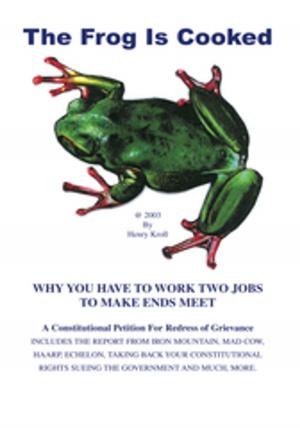Genetic Privacy and Discrimmination
An Overview of Selected Major Issues
Nonfiction, Reference & Language, Law, Discrimination, Civil Rights| Author: | Eugene Oscapella | ISBN: | 9781927615041 |
| Publisher: | BC Civil Liberties Association | Publication: | January 28, 2013 |
| Imprint: | Language: | English |
| Author: | Eugene Oscapella |
| ISBN: | 9781927615041 |
| Publisher: | BC Civil Liberties Association |
| Publication: | January 28, 2013 |
| Imprint: | |
| Language: | English |
Like advances in many fields, those involving genetics bring both benefits and dangers to society. Among the promised benefits is the ability to identify health issues earlier than is now the case and the improve the prospects of successful prevention and treatment. In addition, forensic applications of genetic technologies have proven a powerful tool of criminal investigation. The dangers of genetic technology lie in its ability to provide extensive and highly sensitive information about individuals to governments and other organizations. Loss of control over personal genetic information not only opens individuals, but also their biological relatives and even, in some cases, their ethnic communities to increased risk of discrimination. Benefits from genetic technology risk being eviscerated by a failure to offer sufficient protection to DNA and the information derived from that DNA. Many issues in law and policy have yet to be resolved and advances in genetic and information technology add to the urgency and complexity of the issue.
Like advances in many fields, those involving genetics bring both benefits and dangers to society. Among the promised benefits is the ability to identify health issues earlier than is now the case and the improve the prospects of successful prevention and treatment. In addition, forensic applications of genetic technologies have proven a powerful tool of criminal investigation. The dangers of genetic technology lie in its ability to provide extensive and highly sensitive information about individuals to governments and other organizations. Loss of control over personal genetic information not only opens individuals, but also their biological relatives and even, in some cases, their ethnic communities to increased risk of discrimination. Benefits from genetic technology risk being eviscerated by a failure to offer sufficient protection to DNA and the information derived from that DNA. Many issues in law and policy have yet to be resolved and advances in genetic and information technology add to the urgency and complexity of the issue.















